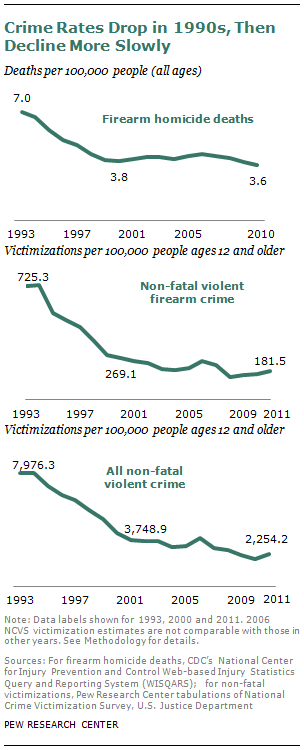I guess I will start by first making an admission: there are no plausible circumstances under which I will change my mind. My belief in civilian
arms rights is both foundational to my political worldview and a matter of religious conviction. I'm not going to pretend I'm even
remotely open-minded on the topic, but I'm also not going to dismiss verifiable facts just because I don't want them to be true.
We'll knock the religious argument out first, just because
nobody cares:
Havamal 38 said:
Let a man never stir on his road a step
without his weapons of war
for unsure is the knowing when need shall arise
of a spear on the way without.
This isn't a
commandment; we don't have those. But the Havamal is the wisdom of Odin the All-Father for leading a life of good health, good fortune, and good reputation. It was reading the Havamal-- verse 126-- that first convinced me to come home.
And yeah, like most
American heathens, I read that literally: never be more than arms-length away from your
weapons of war. Don't follow it literally, but I keep to it as close as I can. I've got a moral obligation to protect me and mine, to protect my community, and to protect other travelers on the road; my weapons allow me to do that, my weapons are
necessary for me to do that, and so I will not be deprived of my weapons for as long as I'm still fit to carry them.
The secular argument is more complicated and more relevant to most people here.
It starts with a controversial statement, at least in American politics:
the right to keep and bear arms is not, logically, a right-wing proposition. The State allowing its subjects to own their own weapons, regardless of class, is one of the largest
democratic reforms in human history. The State allowing its
minority subjects to own their own weapons is the tacit acknowledgement that their right to life and liberty does not depend on the willingness of the police to protect them; their
right to self-defense belongs, first and foremost, to them. The right to keep and bear arms, in a democratic society, safeguards the rights of the minority from the whims of the majority.
The right to keep and bear arms has always been a fundamentally leftist and liberal principle; the "left" and "liberal" Democratic Party embracing gun control is a quirk of history, a Jim Crow policy that survived the Democrats' ideological shift from the anti-Reconstruction party to the pro-Civil Rights Movement party more or less intact.
If we claim that we are a
liberal democratic society, that the authority of the State is derived from the consent of the governed, how can we authorize our police and our military to bear arms on our behalf... if that authority does not belong to us in the first place? How can we have
equality in a society where only
some people have the right to control weapons-- and
everyone else is required to pay for them?
Access to guns is not access to democracy, obviously. The right to keep and bear arms does not guarantee any other human right, obviously. They can't do any of that while the actual arms are only owned by a minority and
especially when that minority is politically defined by their
indifference at best to democracy and the human and civil rights of minorities. But a nation with a
much healthier gun culture than ours, and a
much higher rate of firearm ownership would be a more liberal and more democratic place.

